月考题_2018-2019学年上学期高二第二次月考英语试题含答案
上了高中,每个学校都会组织学生进行月考,对学生这一个月的学习情况进行检测,月考试题也是同学们检测自己学习成果很好的测试卷。本文,伊顿教育小编为大家整理了2018-2019学年上学期高二第二次月考英语试题,希望能帮到各位同学,每次的考试试题,希望同学们能够重视起来,将每次的错题进行整理,以便未来的复习和巩固。参考答案:2018-2019学年上学期高二第二次月考英语参考答案

2018-2019学年上学期高二第二次月考英语
注意事项:
1.答题前,先将自己的姓名、准考证号填写在试题卷和答题卡上,并将准考证号条形码粘贴在答题卡上的指定位置。用2B铅笔将答题卡上试卷类型A后的方框涂黑。
2.选择题的作答:每小题选出答案后,用2B铅笔把答题卡上对应题目的答案标号涂黑,写在试题卷、草稿纸和答题卡上的非答题区域均无效。
3.非选择题的作答:用签字笔直接答在答题卡上对应的答题区域内。写在试题卷、草稿纸和答题卡上的非答题区域均无效。
4.考试结束后,请将本试题卷和答题卡一并上交。
第Ⅰ卷
第一部分 听力(共两节, 30 分)(略)
第二部分 阅读理解(共两节,40分)
第一节(共15小题:每小题2分,30分)
阅读下列短文,从每题所给的四个选项(A、B、C和D)中选出较佳选项,并在答题卡上将该项涂黑。
A
Every year, Lucky and I enter the “Ice Sculpting (冰雕) for Kids” program in our town. Lucky enters to win. I enter to get out of peeling potatoes for our Thanksgiving dinner at home.
The program this year took place last week as usual. Everything went along well in the morning. Lucky made a Mayflower and I made a Turkey.
However, when we got back after lunch, something unexpected happened. The mainsail of his Mayflower was lying on the table in a puddle of water. I glanced at my Turkey I had made. It had barely begun to melt!
“What happened?” I asked. “Did you bump the table when you left?”
“No! I just have rotten luck,” he wailed (哀叹), for the rest of the ship he had made began to melt too. “This can’t be just a case of bad luck,” I said, looking around for something that could have caused the destruction.
“Something must have happened,” I said. Lucky’s eyes widened. “You think someone did this on purpose?”
I shrugged. “Maybe. It makes more sense than bad luck.”
Lucky peered around the room. “Hey,” he whispered. “That kid never left the room for the snack break. Maybe he smashed my Mayflower!”
I frowned. “I don’t know, Lucky. He doesn’t really seem the type.”
“Haven’t you heard the saying ‘Looks can be deceiving’?” Lucky said, his voice rising. “He probably broke my ship while everyone was gone!”
I stared at the ruined Mayflower and shook my head. “It doesn’t look broken, though. It looks more…disintegrated (使分解). Lucky, don’t jump to any…”
“I’m telling on that kid!” Lucky interrupted. He charged off, his face as red as cranberry sauce.
“...conclusions,” I said. With a sigh, I turned to the shipwreck and placed the melting mainsail back in its original spot. I held it there, thinking, until my fingers turned as cold as the ice. “Yeowch!” I said, dropping the mainsail and sticking my frozen fingers into my mouth.
It was in that instant that the puzzle was solved.
21. Why does the writer take part in the “Ice Sculpting for Kids” program?
A. He wants to beat Lucky to win the prize.
B. He hates to celebrate the Thanksgiving Day.
C. He wants to avoid working on Thanksgiving Day.
D. He wants to peel more potatoes for Thanksgiving Day.
22. Why did Lucky rushed to tell on the kid?
A. Because the kid damaged Mayflower on purpose.
B. Because Lucky’s Turkey was damaged by the kid.
C. Because the kid was away during their snack break.
D. Because the kid was the suspect who ruined their works.
23. What will the following paragraphs probably be about?
A. The punishment for the kid.
B. The true winner of the program.
C. The mystery of the ruined Mayflower.
D. The reconstruction of the ruined Mayflower.
B
A good hiking trip should be planned out ahead of time. Whether it is a hike on a mountain trail (路线) or through the woods, an enjoyable hiking trip can easily turn into a dangerous situation if safety is not considered well. North Mountain State Park recommends hikers consider the following tips before hitting any trails:
Make a copy of your itinerary to give to a family member or a friend. Make sure that someone close to you knows where you are and how long you will be gone.
Wear a good pair of hiking boots or strong athletic shoes. The right shoes will keep you safe, warm, and comfortable.
Prepare for various types of weather conditions. Check the forecast before you leave; take along sunglasses and extra clothing (e.g., a hat and /or a jacket for a day hike).
Pack plenty of food and water. Consider how long your hike will be and pack accordingly.
Pack basic and essential supplies. Bring a first-aid kit (急救箱), a flashlight, a pocket knife, a map of the area (if available), and a compass. You may need other supplies, such as matches, depending on the length of your hike.
Determine what time the sun sets. This information is available in most local newspapers. Most people become lost after nightfall, so it is important to know this information in advance.
Stay on properly marked trails. Stay on established trails to decrease the chances of becoming lost. Staying on established trails also lowers the risk of doing harm to rare and endangered plants.
Carry a whistle. Using a loud whistle is a good way to call attention to your location if you get lost.
Keep an eye out for wildlife. Do not approach animals in the wild, even if they seem friendly.
The Washington State Parks and Recreation Commission (WSPRC) manages a diverse system of more than 120 parks. The 90-year-old park system, which receives nearly 48 million visits a year, ranks 4th nationally in day-use attendance, 10th in overnight attendance, and the WSPRC has a smaller budget than most states.
24. The underlined word “itinerary” in Paragraph 2 probably means ________.
A. a goal B. an address C. a phone book D. a travel plan
25. According to the text, if hikers ignore what time the sun sets, they might________.
A. have difficulty finding supplies B. need extra clothing
C. be attacked by wild animals D. become lost
26. What can we learn about WSPRC?
A. It’s only accessible during summer months.
B. It’s operated very well.
C. It provides trails and wildlife protection.
D. It provides search and rescue services.
27. The purpose of the text is to _______.
A. attract people’s interest in the park
B. explain the hiking routes
C. explain how to be safe when hiking
D. introduce various kinds of parks to visitors#p#副标题#e#
C
A Canadian study suggests that current sodium intake levels are relatively safe for most Americans and that reducing them to the very low levels recommended by federal health officials and leading medical groups may harm a significant number.
The current average sodium consumption in the United States is about 3,400 milligrams (there are 1,000 milligrams in one gram) per day. This is about the amount of sodium in about 1.5 teaspoons of salt. Dietary guidelines offered by the federal government and leading medical groups recommend reducing the average to 2,300 milligrams for the general population and 1,500 for groups considered at greater risk, like adults older than 50, African-Americans, and people with high blood pressure, among others.
However, previous studies have found little evidence to support those low recommended sodium targets. There is considerable evidence that lowering sodium can reduce blood pressure, but there is scant (少量的) evidence that reducing sodium consumption will necessarily reduce the risk of heart attacks, strokes (中风) and death.
Now a large study by researchers at McMaster University in Ontario, Canada, which tracked more than 100,000 people from 17 countries on five continents, has found that the safest levels of sodium intake are between 3, 000 and 6,000 milligrams. Consumption below that level showed increased risk of death and cardiovascular (心血管的) events. Roughly 10 percent of the patients followed in the study fell below 3,000 milligrams, a sizable number to put at risk.
Brian Strom, honorary head of biomedical and health sciences at Rutgers University, who led a group of experts who reviewed the data on sodium for the Institute of Medicine last year, said that the new McMaster data are among the best available and that no study has shown a benefit from reducing sodium consumption to below 2,300 milligrams a day.
That does not mean individuals whose sodium intake is high should not take steps to bring it down. The McMaster researchers say that if your blood pressure rises beyond the normal level (140/90 or higher) or your sodium intake is high, you should reduce sodium consumption, perhaps even to below 5, 000 milligrams.
28. For healthy elderly people, the US government recommends sodium intake_______.
A. 1,500 milligrams daily
B. 2,300 milligrams daily
C. 3,000 milligrams daily
D. 3,400 milligrams daily
29. According to the study, consuming less than 3,000 milligrams of sodium a day _______.
A. is beneficial for most patients
B. may help prevent heart disease
C. may be harmful to your health
D. is especially helpful for Americans
30. What is Strom’s attitude towards the research findings?
A. He is doubtful about them.
B. He is uncertain of them.
C. He tolerates them.
D. He supports them.
31. What is the Canadian scientists’ advice for high blood pressure patients?
A. Follow the government's dietary guidelines.
B. Lower sodium intake to a reasonable level.
C. Join one of the leading medical groups.
D. Have physical examinations regularly.
D
Across Britain, burnt toast will be served to mothers in bed this morning as older sons and daughters rush to deliver their supermarket bunches of flowers. But, according to a new study, we should be placing a higher value on motherhood all year.
Mothers have long known that their home workload was just as heavy as paid work. Now, the new study has shown that if they were paid for their parental labours, they would earn as much as $ 172,000 a year.
The study looked at the range of jobs mothers do, as well as the hours they are working, to determine the figure. This would make their yearly income $ 30,000 more than the Prime Minister earns.
By analysing the numbers, it found the average mother works 119 hours a week, 40 of which would usually be paid at a standard rate and 79 hours as overtime. After questioning 1,000 mothers with children under 18, it found that, on most days, mums started their routine work at 7am and finished at around 11pm.
To calculate just how much mothers would earn from that labour, it suggested some of the roles that mums could take on, including housekeeper, part-time lawyer, personal trainer and entertainer. Being a part-time lawyer, at £ 48.98 an hour, would prove to be the most profitable of the “mum jobs”, with psychologist (心理学家) a close second.
It also asked mothers about the challenges they face, with 80 percent making emotional demand as the hardest thing about motherhood.
Over a third of mums felt they needed more training and around half said they missed going out with friends.
The study shows mothers matter all year long and not just on Mother’s Day. The emotional, physical and mental energy mothers devote to their, children can be never-ending, but children are also sources of great joy and happiness. Investing (投入) in time for parenting and raising relationships is money well spent.
32. How much would a mother earn a year if working as the Prime Minister?
A. £ 30,000. B. £ 142,000. C. £ 172,000. D. £ 202,000.
33. The biggest challenge for most mothers is from .
A. emotional demand B. low pay for work C. heavy workload D. lack of training
34. What is stressed in the last paragraph?
A. Mothers’ importance shows in family all year long.
B. The sacrifices mothers make are huge but worthwhile.
C. Mothers’ devotion to children can hardly be calculated.
D. Investing time in parenting would bring a financial return.
35. What can we conclude from the study?
A. Mothers’ working hours should be largely reduced.
B. Mothers should balance their time for work and rest.
C. Mothers’ labour is of a higher value than it is realized.
D. Mothers should be freed from housework for social life.#p#副标题#e#
第二节(共5小题,每小题2分,10分)
根据短文内容,从短文后的选项中选出能填入空白处的较佳选项,选项中有两项为多余选项。
While you are travelling abroad, cultural mistakes are more serious than linguistic mistakes, which can lead to serious misunderstanding and even ill-feeling between individuals. ___36___
●Touching Someone
____37___ In Mediterranean countries, if you don’t touch someone’s arm when talking to them or if you don’t greet them with kisses or a warm hug, you’ll be considered cold. But backslap (拍背) someone who isn’t a family member or a good friend in Korea, and you’ll make them uncomfortable. In Thailand, the head is considered sacred - never even pat a child on the head.
●Talking Over Dinner
In some countries, like China, Japan and some African nations, the food’s die thing, so don’t start chatting about your day’s adventures while everyone else is digging into dinner. __38___ It’s not because your group is unfriendly, but because meal times are for eating, not talking.
●Removing Your Shoes or Not
Take off your shoes when arriving at the door of a London dinner party and the hostess will find you uncivilized, but fail to remove your shoes before entering a home in Asia, Hawaii, or the Pacific Islands and you’ll be considered disrespectful. So, if you see a row of shoes at the door, start undoing your laces. ___39___
Once you are on the ground of a different country, remain highly sensitive to native behavior. ___40___ And don’t feel offended if something seems offensive - like queue jumping. After all, this is a global village, and we are all very different.
A. If not, keep the shoes on.
B. You’ll likely be met with silence.
C. Never be completely surprised by anything.
D. Personal space varies as you travel the globe.
E. Asians consider removing shoes impolite at home.
F. Look out for the following cultural mistakes and try to avoid them.
G. The linguistic mistake means that someone is not fully expressing his idea.
第三部分 英语知识运用 (共两节, 45分)
第一节 完形填空(共 20 小题;每小题 1.5 分, 30 分)
阅读下面短文,从短文后各题所给的四个选项(A、B、C 和 D)中,选出可以填入空白处的较佳选项,并在答题卡上将该项涂黑。
A woman professor was giving a lesson to her students on -__41____management. As she raised a glass of water, everyone in the class ___42___they would be asked the “half-empty or half-full” question. ___43 , that was not the case. With a smile on her face, she asked the students, “How much do you think this glass of water weighs?”
Answers called out ___44__from eight to twenty ounces (盎司).
She quieted the students down and then replied, “The absolute weight doesn’t ____45__. But it count how long you hold it. If I hold it for a minute, it is OK. If I hold it for an hour, I will have an ache in my ___46___. If I hold it for a day, my arm will feel numb. In each case, the ___47___of the glass of water doesn’t change, but the ____48___I hold it, the heavier it becomes, why?”
Lost in ___49___, all the students kept silent and listened to the professor carefully.
“Our stresses and ____50___in life are like that glass of water. If we ____51__our burdens all the time, sooner or later, we will feel exhausted, even unable to ____52___.”
____53___you have to do is put all your burdens down, as ____54___in the evening as possible. Don’t carry them through the evening into the night; by doing this, we can get ___55___next morning and are ___56___to move forward.
More often than not, life gets terrible when we ___57___too much. And the moment you ___58___your burdens, you’ll find yourself feeling so much more relaxed.
So rather than being upset and feeling ___59___for yourself, start doing something about it. After all, life is too short to ___60___yourself to anything that is not making you happy.
41. A. class B. emotion C. time D. stress
42. A. wondered B. agreed C. expected D. argued
23. A. Meanwhile B. However C. Anyhow D. Therefore
44. A. ranged B. replied C. read D. exchanged
45. A. exist B. change C. increase D. matter
46. A. arm B. head C. leg D. stomach
47. A. shape B. position C. weight D. size
48. A. better B. longer C. deeper D. further
49. A. fantasy B. discussion C. dreams D. thought
50. A. doubts B. joys C. worries D. surprise
51. A. cover B. carry C. hide D. show
52. A. pick up B. work out C. carry on D. catch on
53. A. Something B. All C. Nothing D. anything
54. A. eagerly B. naturally C. quickly D. early
55. A. refreshed B. entertained C. depressed D. amazed
56. A. anxious B. able C. passive D. ambitious
57. A. fear B. rest C. think D. get
58. A. let go of B. look down on C. catch up with D. put up with
59. A. happy B. greedy C. disappointed D. sorry
60. A. abandon B. treat C. drive D. help#p#副标题#e#
第 II 卷
第三部分 英语知识运用
第二节(共10小题;每小题1.5分,15分)
阅读下面材料,在空白处填入适当的内容(1个单词)或括号内单词的正确形式。
China has once again showed its ability to change the world with its “new four great 61._______ (invent)”—high-speed rail, electronic payment, shared bicycle, and online shopping.
China’s new-generation high-speed train, the Fuxing, is now one of the 62._______ (fast) trains in the world, which can travel at a speed of 350 km/h. Besides high-speed rail, China 63.______ (improve) people’s lives in many other innovative (创新的) ways over the last decade.
Bike sharing, for example, is not new itself. But China has made 64._______much more convenient and popular both in China 65._______overseas. Leading Chinese bike-sharing companies Mobike and Ofo are now operating in foreign countries such as Singapore and Britain.
And back in China, when riding a shared bike, you can stop 66.______ (buy) and eat whatever you want 67.______ (simple) with a tap of your phone. You could easily pay with your smartphone by 68.______ (scan) the seller’s QR code. Cashless payment has grown into a 69.______ (choose)for Chinese people—even a pancake seller is using Alipay.
Besides, the four innovative ways of life are most appealing 70._______youths from 20 countries participating in the Belt and Road innovation, and they wish their countries would emulate (仿效) China in terms of technological achievement.
第四部分 写作 (共两节 35分)
第一节 短文改错(10 分)
假定英语课上老师要求同桌之间交换修改作文,请你修改你同桌写的以下作文。文中共有10处语言错误,每句中较多有两处。每处错误仅涉及一个单词的增加、删除或修改。
增加:在缺词处加一个漏字符号( ),并在其下面写出该加的词。
删除:把多余的词用斜线( )划掉。
修改:在错的词下划一横线,并在该词下面写出修改后的词。
注意:1.每处错误及其修改均仅限一词;
2.只允许修改10处,多者(从第11处起)不计分。
As we all know, we can meet with various challenges in our life. Facing with challenges, how should we do?
Last month, our class climbed Mount Tai, which was more than 1,500 meters above sea level. Lacking exercises, I thought that this activity was great challenge for me. I felt very exhausted halfway that I wanted to give up. See this, my classmates and even some strangers encouraged me. In the end, I managed to reach on the top of the mountain.
Therefore, don’t give up in the face of challengers. If you are determined enough, it’s certainly that you can overcome it.
第二节 书面表达(25分)
假如你是李华,你的美国朋友David曾作为交换生在你家住过一段时间。近期你校要举办以 “Foreigners Tell Chinese Stories”为主题的英语征文活动。请写一封邮件邀请他参加,要点如下:
1. 截稿日期:2018年11月15日;
2. 字数要求:500左右;
3. 投稿邮箱:chinesestory2018@126.com
注意:1.字数100左右;
2.开头和结尾已出,不计入总字数。
Dear David,
Yours,
Li Hua
- 热门课程
- 热门资讯
- 热门资料
- 热门福利
-
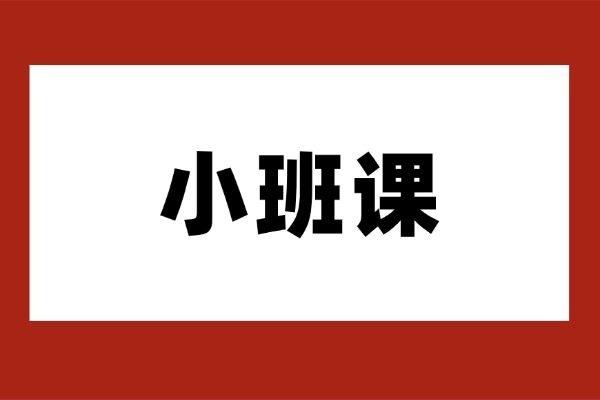 黄河小班课人数多吗?教学效果怎么样?黄河小班课之前就有家长和学生想要了解过,今天为了满足大家的要求,小编就来好好给大家解答一下关于黄河小班课的一些内容,让大家能够更加方便地做出选择。 一、黄河小班课人数多吗? 黄河小班课的人数控制得挺讲究,既不是那种三五个人的微型小组,也不会像其他学校那样挤着四五十个人,一个班大概在6到15人
黄河小班课人数多吗?教学效果怎么样?黄河小班课之前就有家长和学生想要了解过,今天为了满足大家的要求,小编就来好好给大家解答一下关于黄河小班课的一些内容,让大家能够更加方便地做出选择。 一、黄河小班课人数多吗? 黄河小班课的人数控制得挺讲究,既不是那种三五个人的微型小组,也不会像其他学校那样挤着四五十个人,一个班大概在6到15人 -
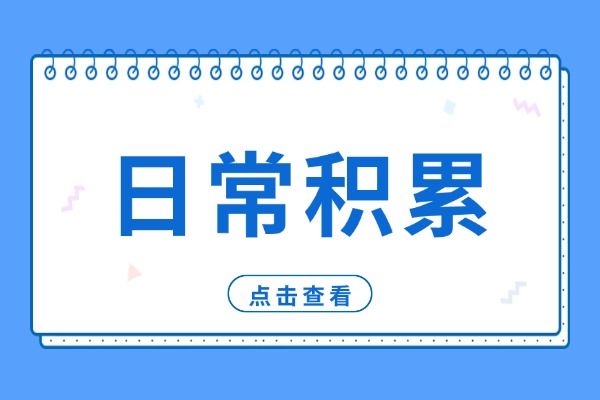 “白驹过隙”怎么读?到底有什么含义?“白驹过隙” 是形容时光的经典表达,可你真能笃定 “驹” 字读 “jū” 而非 “jú”?而且 “白驹” 为何是 “白色的小马”,“过隙” 又特指什么缝隙? 一、“白驹过隙”怎么读? “白驹过隙”的正确读音是bái jū guò xì,“白驹”指白色的骏马,常被引申为太阳的光芒或飞速流逝的时
“白驹过隙”怎么读?到底有什么含义?“白驹过隙” 是形容时光的经典表达,可你真能笃定 “驹” 字读 “jū” 而非 “jú”?而且 “白驹” 为何是 “白色的小马”,“过隙” 又特指什么缝隙? 一、“白驹过隙”怎么读? “白驹过隙”的正确读音是bái jū guò xì,“白驹”指白色的骏马,常被引申为太阳的光芒或飞速流逝的时 -
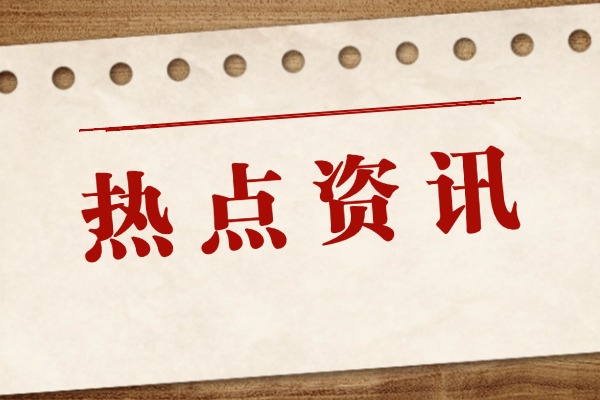 博大单招在文化课提升方面优势如何?补习效果好吗?单招相信第一次接触的家长和同学们有很多问题都不了解,很多家长为了让孩子更好地学习就去选择一个合适的单招补习,那么博大单招在这方面的优势到底怎么样?能不能帮助孩子更好地提升呢?今天我们就来一起好好了解一下。 一、博大单招在文化课提升方面优势如何? 博大单招在文化课提升这方面那真的是研究得透透的
博大单招在文化课提升方面优势如何?补习效果好吗?单招相信第一次接触的家长和同学们有很多问题都不了解,很多家长为了让孩子更好地学习就去选择一个合适的单招补习,那么博大单招在这方面的优势到底怎么样?能不能帮助孩子更好地提升呢?今天我们就来一起好好了解一下。 一、博大单招在文化课提升方面优势如何? 博大单招在文化课提升这方面那真的是研究得透透的 -
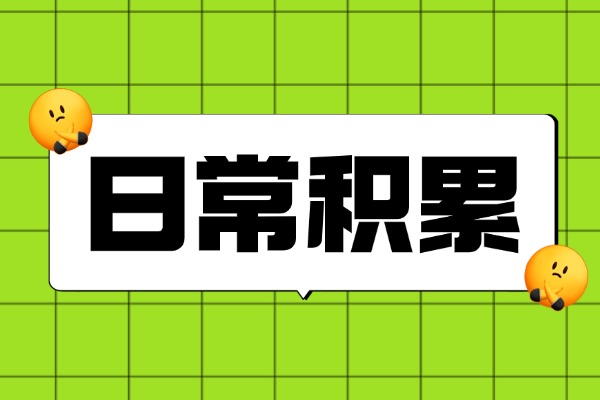 “琨玉秋霜”怎么读?到底有什么含义?“琨玉秋霜” 中的“玉” 和 “秋霜” 都是自带高洁感的意象,可 “琨” 字到底读 “kūn” 还是 “hún”?单看字面像在描绘玉石与秋霜的景致,却猜不透为何要将这两种事物组合,更不清楚它的核心指向是写景、咏物还是喻人。今天咱们先把读音校准,再拆解这四字里藏着的纯粹与庄重。 一、“琨玉秋霜”
“琨玉秋霜”怎么读?到底有什么含义?“琨玉秋霜” 中的“玉” 和 “秋霜” 都是自带高洁感的意象,可 “琨” 字到底读 “kūn” 还是 “hún”?单看字面像在描绘玉石与秋霜的景致,却猜不透为何要将这两种事物组合,更不清楚它的核心指向是写景、咏物还是喻人。今天咱们先把读音校准,再拆解这四字里藏着的纯粹与庄重。 一、“琨玉秋霜”
-
 2022高考英语基础知识点!西安伊顿老师带你了解!2022高考英语基础知识点!西安伊顿老师带你了解!高中的英语是一个需要长期积累以及记忆的科目,在高考中只有针对这些知识进行一定的了解和积累,才可以在考试中取得好成绩。针对这种情况,小编请到了西安伊顿老师来给大家总结归纳一下关于高考英语基础知识点的记忆内容,希望对大家有所帮助。对于英语还是需要靠日
2022高考英语基础知识点!西安伊顿老师带你了解!2022高考英语基础知识点!西安伊顿老师带你了解!高中的英语是一个需要长期积累以及记忆的科目,在高考中只有针对这些知识进行一定的了解和积累,才可以在考试中取得好成绩。针对这种情况,小编请到了西安伊顿老师来给大家总结归纳一下关于高考英语基础知识点的记忆内容,希望对大家有所帮助。对于英语还是需要靠日 -
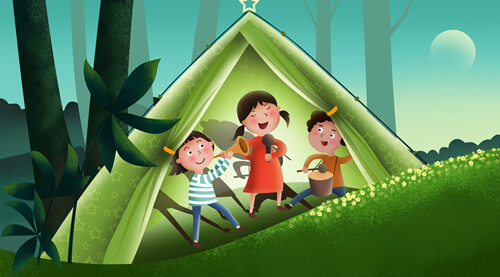 关于“呐喊与行动那个更重要”的辩论稿写作指导!一直以来,辩论稿的写作都是大家司空见惯的,但是也是很多同学容易忽视的。现在的语文作文考察的范围和广度越来越大,涉及到的文体也越来越多,因此大家在备考语文作文的时候,还是要增加自己的知识面,增加自己的见识。辩论稿大家见得比较多,但是在语言文字上以及结构上的学习,还是非常值得探究的,下面小编给大家分享了一则辩论稿,大家可以练习一下。
关于“呐喊与行动那个更重要”的辩论稿写作指导!一直以来,辩论稿的写作都是大家司空见惯的,但是也是很多同学容易忽视的。现在的语文作文考察的范围和广度越来越大,涉及到的文体也越来越多,因此大家在备考语文作文的时候,还是要增加自己的知识面,增加自己的见识。辩论稿大家见得比较多,但是在语言文字上以及结构上的学习,还是非常值得探究的,下面小编给大家分享了一则辩论稿,大家可以练习一下。 -
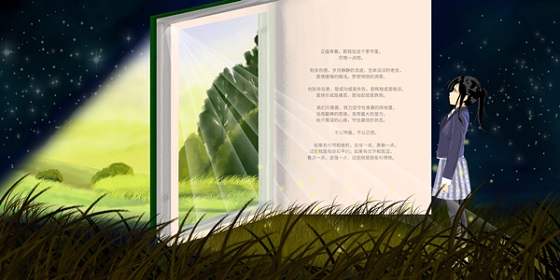 “直播带货”有关的作文写作指导!立意和审题指导!高中的作文写作更多的是来自于社会现象的思考,或者生活的思考,所以高中的同学在写作文的时候可以从生活细节入手,寻找素材,因为任何题目都是取之于生活,进而引发的一系列的思考行为。本次伊顿教育小编给大家分享的这篇作文也是一个社会现象的评述,材料内容是关于“直播带货”,这个大家都是不陌生的,而且有的同学也是参与者,所以对于此也是非常的熟悉的。下面我们可以来看看这篇作文写作的指导。
“直播带货”有关的作文写作指导!立意和审题指导!高中的作文写作更多的是来自于社会现象的思考,或者生活的思考,所以高中的同学在写作文的时候可以从生活细节入手,寻找素材,因为任何题目都是取之于生活,进而引发的一系列的思考行为。本次伊顿教育小编给大家分享的这篇作文也是一个社会现象的评述,材料内容是关于“直播带货”,这个大家都是不陌生的,而且有的同学也是参与者,所以对于此也是非常的熟悉的。下面我们可以来看看这篇作文写作的指导。 -
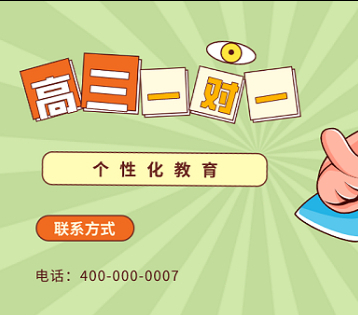 2021年9月山水联盟高三开学联考数学试卷及答案(原版)!2021年9月山水联盟高三开学联考已经结束,伊顿教育小编给大家整理了本次联考的数学试卷以及答案,各位相关的小伙伴可以参考一下。对于高三的学习,小编建议大家在每一次的考试之后,都能够仔细的分析一下自己的失分点,对于自己没有掌握的知识点可以尽早的掌握。
2021年9月山水联盟高三开学联考数学试卷及答案(原版)!2021年9月山水联盟高三开学联考已经结束,伊顿教育小编给大家整理了本次联考的数学试卷以及答案,各位相关的小伙伴可以参考一下。对于高三的学习,小编建议大家在每一次的考试之后,都能够仔细的分析一下自己的失分点,对于自己没有掌握的知识点可以尽早的掌握。






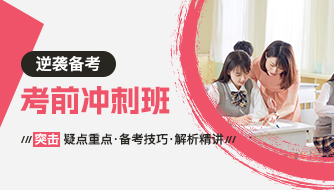
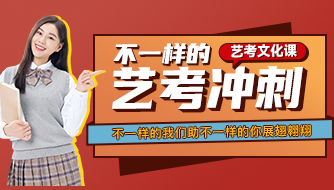
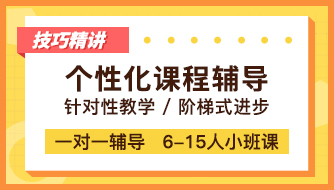

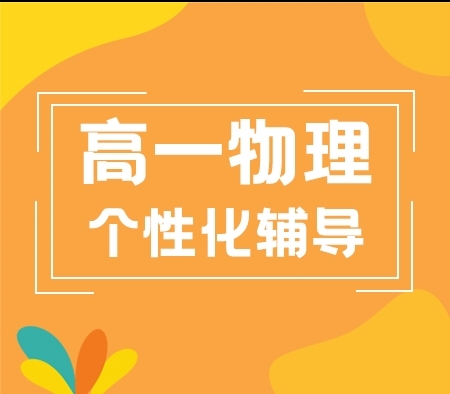
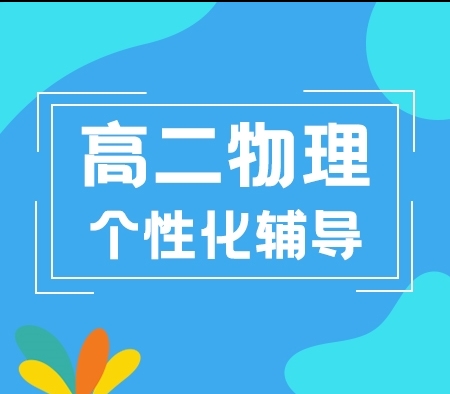
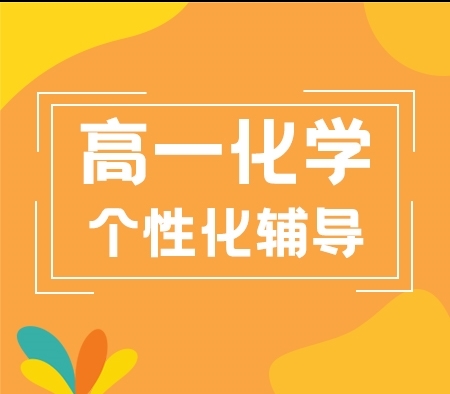
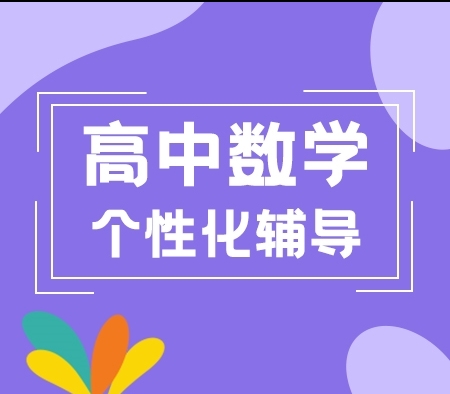
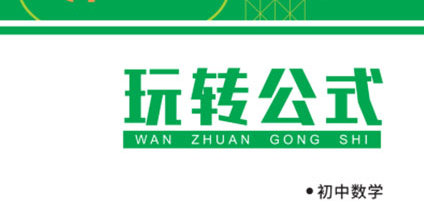
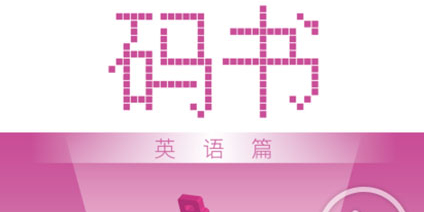


 All right reserved
All right reserved
